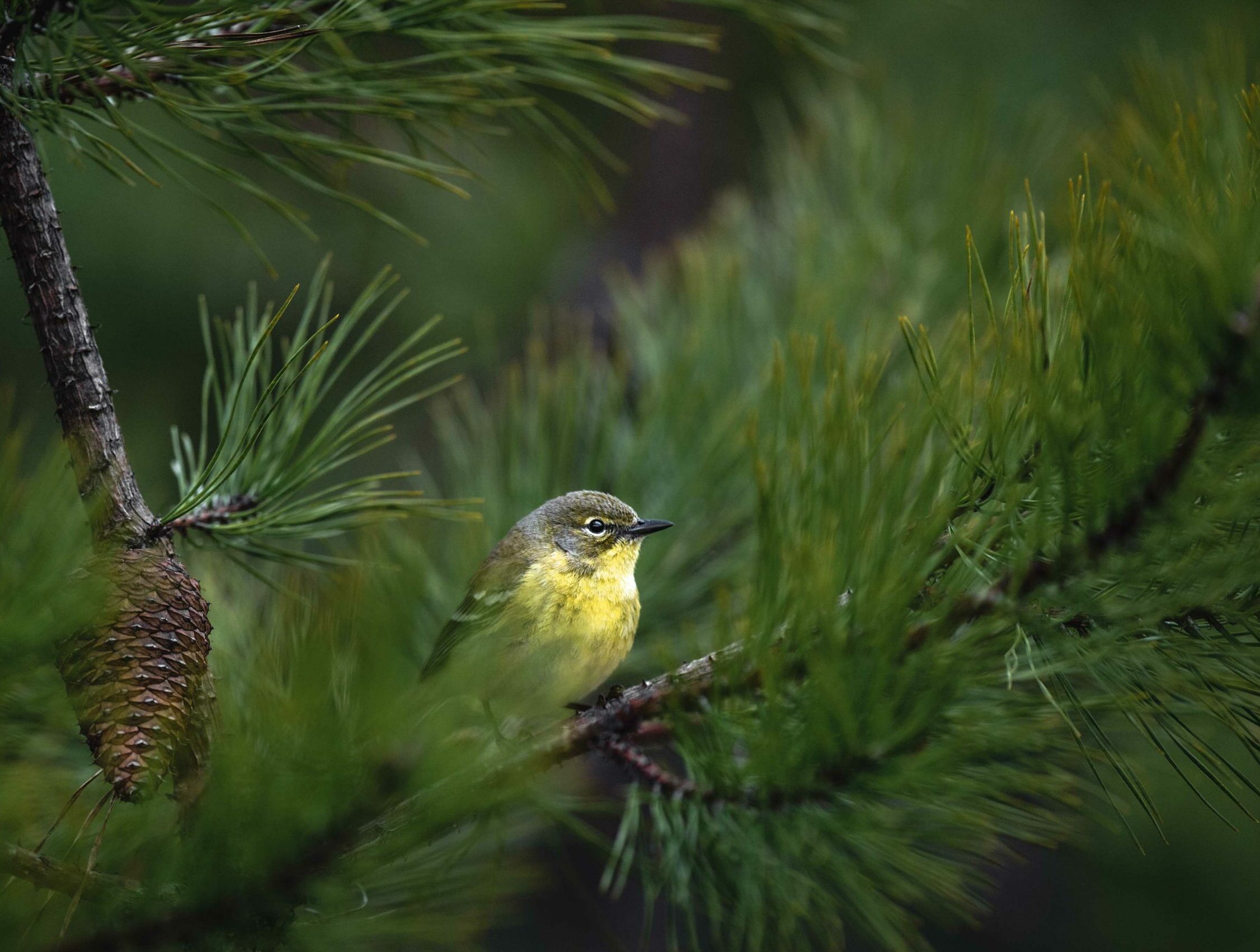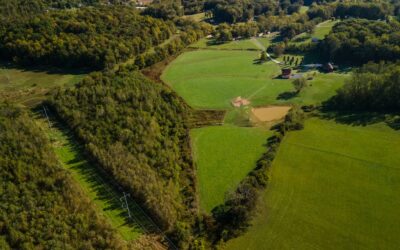Maintaining forests
Tennessee Wildlife Federation works with private landowners and public agencies to prepare forest management plans and provide resources to restore diversity and overall health of their forests.
Why Forests?
14
acres of forests in Tennessee.
Great Smoky Mountains National Park contains more species of trees than northern Europe.
of Tennessee’s forests are privately-owned.

forest management benefits wildlife, people, and the economy.
Forests are diverse—a single forest can contain several different types of habitat. Forests contain thousands of species of plants and wildlife, and each one of those species plays an essential role in the forest ecosystem. Maintaining a variety of shrubs, grasses, and trees of different heights creates layers of habitat and provides shelter and resources for hundreds of species of wildlife.
Healthy, functioning forests provide many benefits beyond wildlife value. Forests aid in climate regulation by removing carbon from the atmosphere and storing it in wood, leaves, and soil. Trees improve water quality by acting as natural sponges—by absorbing rainwater before it flows to a body of water, trees filter pollutants and reduce soil erosion. Forests also provide billions in economic value through recreation and tourism opportunities, wood products, and much more.
What we do for forests
4,000
of forests restored or conserved through prescribed burning, tree planting, and writing plans that promote sustainable timber management.
with private landowners and public agencies to restore large areas of contiguous forest.
forest management plans written, covering more than 20,000 acres of forestland.
Are you a landowner?
Interested in learning if your land is a fit for habitat restoration?
Give
Your generosity helps manage wildlife populations and restore habitats for a more vibrant Tennessee.
More Habitat Restoration
Hummingbird Feeding 101
With summer on the way, hummingbird nesting season isn’t far behind. If you want to see more of these quick, curious birds in your yard, now’s the time to set up your feeder. Here are a few simple tips to get started.
Rebuilding Habitats One Tree at a Time
Whether revitalizing forests, stabilizing riverbanks, or creating wildlife corridors, planting trees helps rebuild ecosystems and support a diverse array of wildlife species.
Reviving Tennessee: Cane Creek
In 2017, Tennessee Wildlife Federation began its first wetland restoration project—a 12 acre site in the Cane Creek watershed in Putnam County. As of 2024, the site has undergone an amazing transformation and is now permanently protected under a conservation easement.



